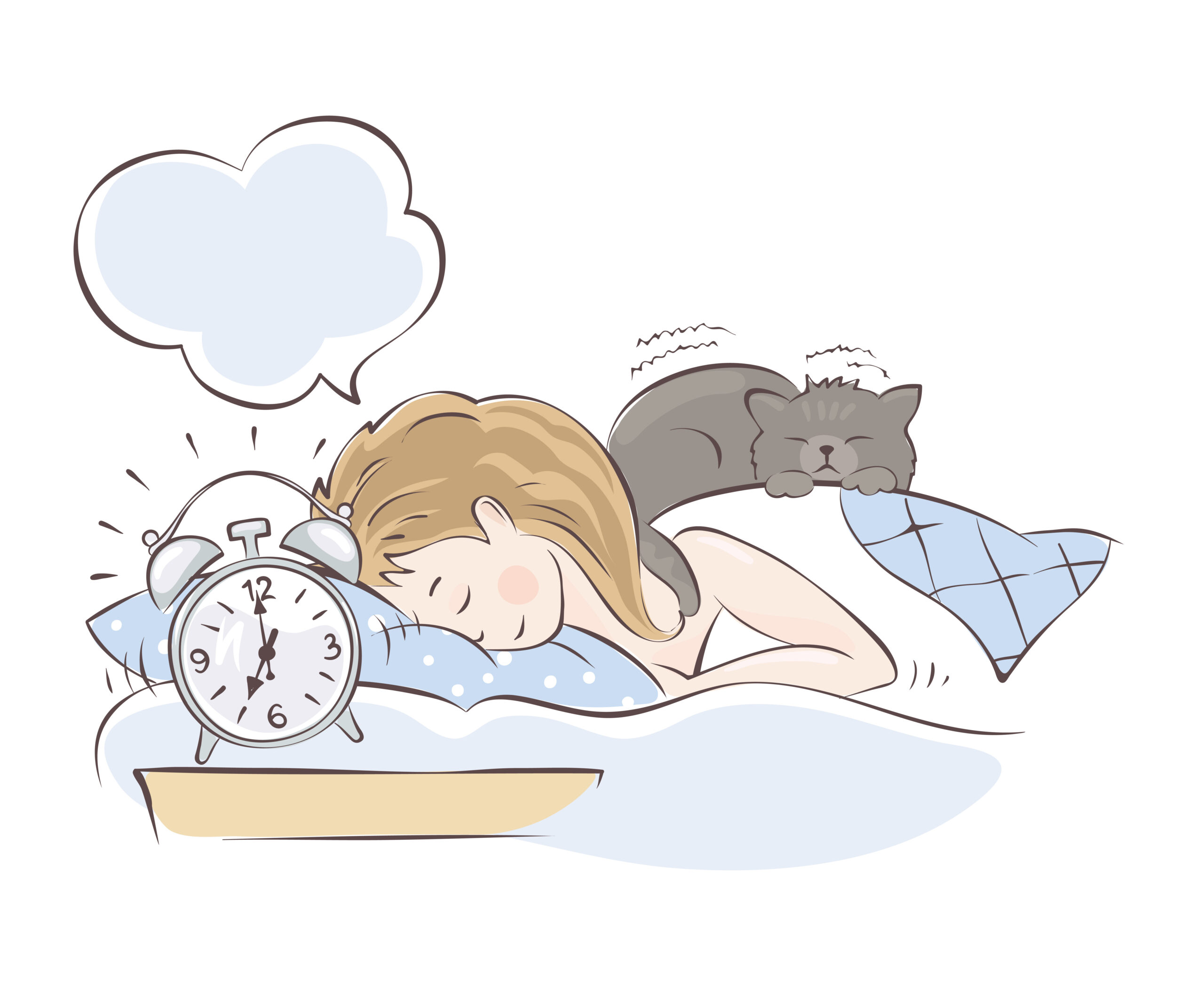
SHARE
READ & LEAVE A COMMENT

According to the Bureau of Labor Statistics, millennials are getting more sleep than most, raking in an additional 25 minutes a night when compared to the national average of 6.8 hours. It may not seem like much, but it is statistically significant, especially given the fact that they’re actually working more and using less vacation time.
Some experts argue the reason for their additional winks is, ironically, because of their collective demand for better work-life balance and more flexible schedules. Millennials are also the first generation to enter a remote-ready workforce: “[They] are eager to capitalize on the new technological capabilities (that they are already familiar with) to create more flexibility and thus a better work-life balance,” writes generations expert Ryan Jenkins.
This same tech-savvy character also makes millennials hyper aware of technology’s pitfalls, equipping them to mitigate the sleep-stealing effects of blue light-emitting devices with things like orange-filtered screens and computer-friendly glasses.
However, this additional 25 minutes (which may just be an additional nap permitted by a more flexible or work-from-home schedule) doesn’t mean this generation is reaping the benefits of better quality sleep. In fact, an American Psychological Association survey found that Millennials report experiencing “the most stress and the least relief.” In other words, not only are they more stressed, but they aren’t finding effective ways to cope.
There is a very strong correlation between high stress and poor sleep, so millennials may be getting more sleep — but it’s not the deep, restorative, interrupted sleep we need.
Why Good Sleep Matters
Just like proper nutrition and exercise, sleep is critical for optimal mental and physical health and your overall quality of life.
There are two basic types of sleep, REM and non-REM, and really important things happen during these stages. For example, your brain forms new pathways that help you remember information, and a good night’s sleep has been proven to improve your ability to learn and problem-solve. Other mental and physical health benefits of quality sleep include:
Basically, getting good sleep can make you a better, healthier human. Putting your best foot forward (and apparently helping the economy) truly depends on whether you’re getting enough total sleep and each type of sleep, and if you’re sleeping at the right time in your body’s natural circadian rhythm.
Here are a few things you can do to not only sleep more, but better.
Changing your habits isn’t just for January resolutions. If you’re a stressed out millennial, one of the best things you can do to promote better sleep is to incorporate and prioritize relaxation routines and techniques into your life.
If you’re a remote employee or working with a flexible schedule, it’s easy to feel like you’re “always on.” Scrolling Instagram isn’t a proven de-stress method, either. Set an alarm on your phone for a couple hours before your bedtime (oh yeah, make sure you set and stick to a regular bed and wake time). When the alarm goes off, it’s time to unplug. This includes television.
Devise a new routine you can stick to that includes some combination of journaling, meditation, reading, etc. Write down your to-do list for the next day so that you lessen the amount of thoughts left to circle in your head, and make your lunch ahead of time.
Keep this same routine and sleep schedule on weekends, too.
In addition to improving your habits to better support your mind’s need to destress and your body’s need for consistent and quality sleep, it’s also important that you rethink your sleep environment and what you’re actually sleeping on.
The National Sleep Foundation generally recommends that you replace your mattress every 8-10 years, and to absolutely consider buying a new mattress if you’re suffering from discomfort and plummeting sleep quality. One study found that simply upgrading to a new mattress can increase sleep quality and reduce back pain. Different mattress materials like foam and latex have been found to reduce incidents of wakefulness, and have positive effects on the body’s alignment and weight distribution.
According to USA Today, when it comes to buying mattresses, millennials are demanding new and better options, and 27% of millennials who are currently in the market for a new mattress would rather buy online. Casper, the leader of the online mattress industry, engineers their collection of mattresses with three foam layers aimed to keep the body cool and more evenly distribute the body’s weight for better support and alignment.
Of course, you should also familiarize yourself with the rest of the National Sleep Foundation’s guidelines for creating an optimal sleep environment, which includes a temperature-regulated, dark, and quiet or white noise-filled room.
Sleep deprivation is a public health issue, and nearly 70 million Americans suffer from sleep disorders like insomnia, sleep apnea, restless leg syndrome, and narcolepsy. If you suffer from one of these conditions, lifestyle changes may have little to no effect.
If changing your habits and your sleep environment fail to provide relief, set up an appointment with your doctor. Keep a sleep diary or log of how you feel for at least two weeks. Before you see your doctor, be prepared to answer questions such as:
Depression and other mental health issues, of which millennials are at an increased risk, also have a profound effect on sleep, so be sure to also talk to your doctor about your general sense of mental wellbeing to ensure you get the proper help.
SHARE
READ & LEAVE A COMMENT